Should you buy a used electric car?
With more coming onto the used market, is now the time to go electric?
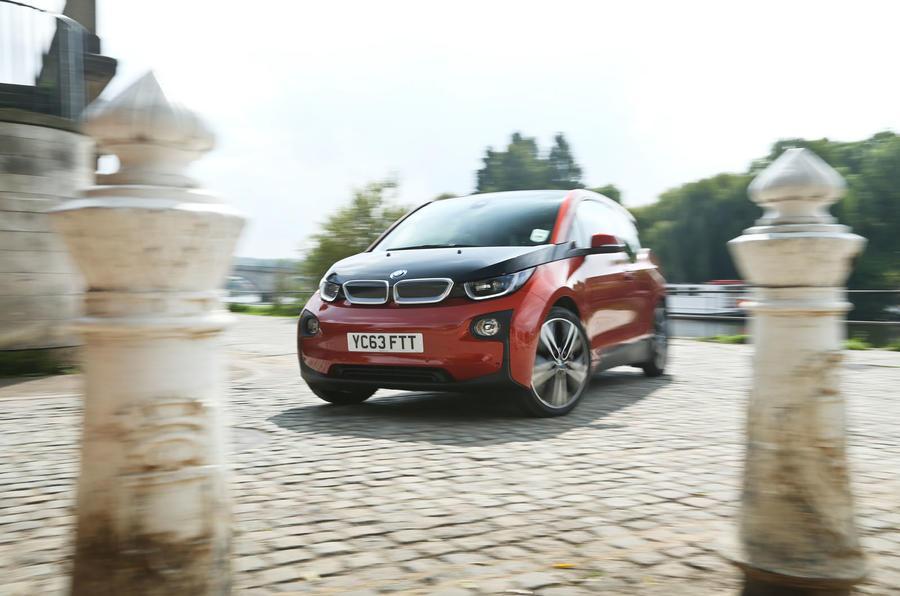
The used market for electric cars is pretty attractive. If you’re buying. If you’re selling then it can be a distressing experience as the initial depreciation on many electric cars is proving very high. The market seems to feel concerned that technology is moving so fast that an electric car even a few years old may be ‘old tech’ fairly soon, and that is reflected in the prices. Which, if you’re buying and you understand the market, can be very good news indeed.
For example, you can pick up a used Nissan Leaf for under £6000 these days. A car like that will give you free access to London and other zero-emission zones, will cost very little to keep powered up, will be cheap to tax and doesn’t cause pollution – at the tailpipe.
Of course there are things to watch out for. Older cars will almost certainly have less range, so range anxiety really is a thing. And the other anxiety thing is the battery. Will it last? Is it included in the price or is it leased? These are vital questions.
If you buy a more expensive electric car like a Tesla or a BMW i3, then the battery is something you’ve bought along with the rest of the car. Many others are only offered with a leasing deal on the battery, with charge that scale up as mileages mount.
A Nissan Leaf or a Renault Zoe fall into this group along with many others. Battery lease costs are around £70pcm. And don’t forget you’ll need to add a charger at home. This can be in the £279 to £354 range depending on speed of charge.
So all that is something to factor in while you’re looking at fuelling costs of only about 2p per mile. Maintenance costs can be as little as a quarter what a comparable petrol or diesel car would cost too, so there are definite compensations.
So if you own the battery is that a lot simper and cheaper? Well, it is right up until you start to think about the life of the battery. If you lease the battery and it loses its ability to charge or otherwise goes wrong, the manufacturer will replace it. But if you own the battery? That’s a tricky one, because replacing it can mean a cost more than the value of the vehicle.
At the moment this doesn’t seem an issue, and nearly all cars in the UK are still on their first battery as they’re proving pretty robust. Although constantly giving a battery rapid charges will shorten its life. Something like a Renault Fluence, though, is worth about £3000 so might prove a great commuter vehicle. If the battery goes that vehicle is effectively scrap.
Which is a poor outcome as electric motors, gearboxes and other parts can go on for several hundred thousand miles. This is something some manufacturers are addressing. Nissan has launched an approve-used PCP deal of £175 per month for older electric models. That alone has helped shore up residual values.
Which shows that there is real hesitation in this market at dipping in one’s toe, and that anything that bolsters confidence brings a dividend. As yet this is only a small market but it is growing, and with it will grow the issues we’ve addressed. If you understand the market now, it will make it more likely you’ll find a real bargain with low running costs and zero emissions which will run for years. Below are some of the models you might choose to own.
Nissan Leaf

Used prices from: £6000
Real-world range: 60-90 miles
Battery warranty: from 5 years/60,000 miles
The top-selling Leaf can be had with a battery either bought outright or leased for £70pcm with an annual limit of 7500 miles. Later models with 30kWh batteries have a greater range.
2. BMW i3
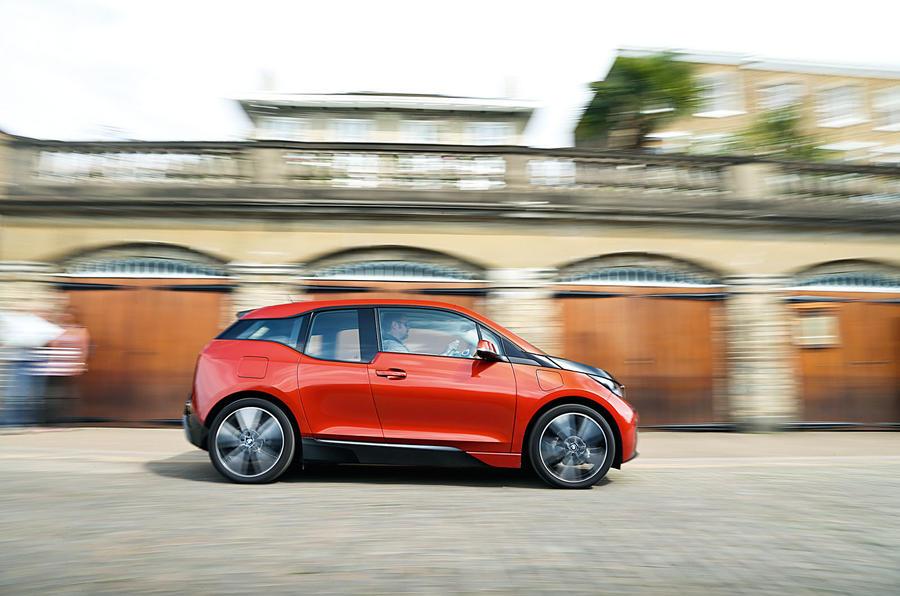
Used prices from: £14,000
Real-world range: 80-100 miles
Battery warranty 8 years/100,000 miles
The achingly contemporary looking i3 includes the battery in the price. The looks are backed up by carbonfibre and aluminium, with the battery array low in the floor so it drives well.
3. Renault Fluence
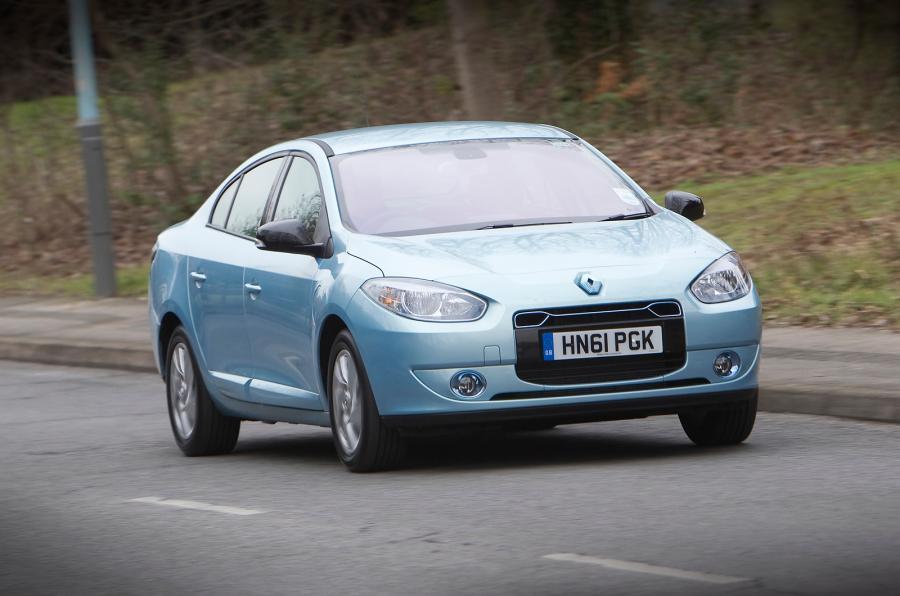
Used prices from: £2900 (with leased battery)
Real-world range: 50-100 miles
Battery warranty n/a
One for the early adopters, it’s looking a bit dated now. Short range, slower charging – but it is cheap.
4. Renault Zoe
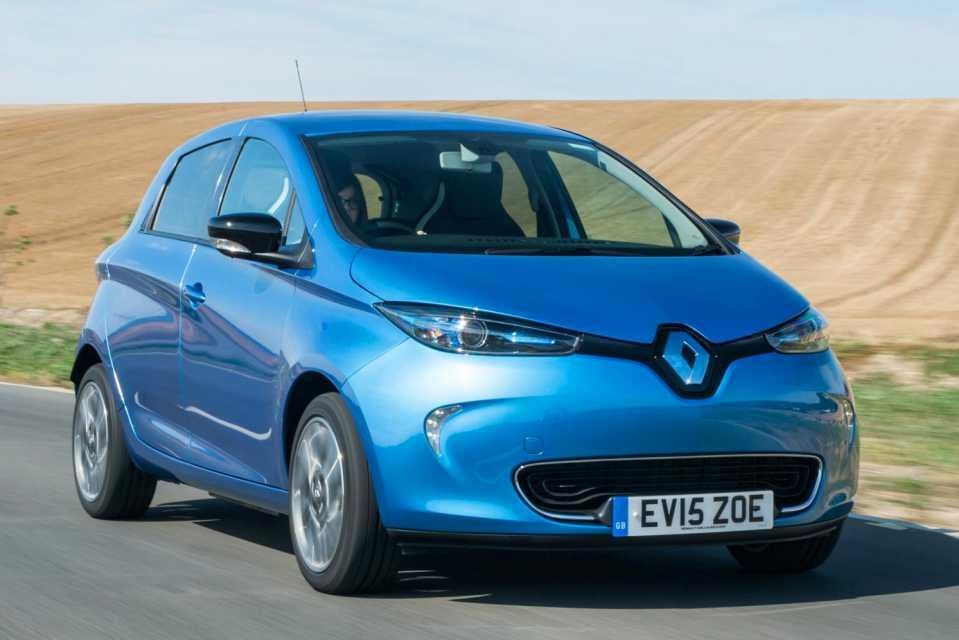
Used prices from: £5000 (with leased battery)
Real-world range: 70-100 miles
Battery warranty n/a
Second only to the Leaf, the Zoe offers practical space and is a very useful car as well as being quite fun to drive. The leased battery can take a fast charge as another practical bonus.
5. Tesla Model S
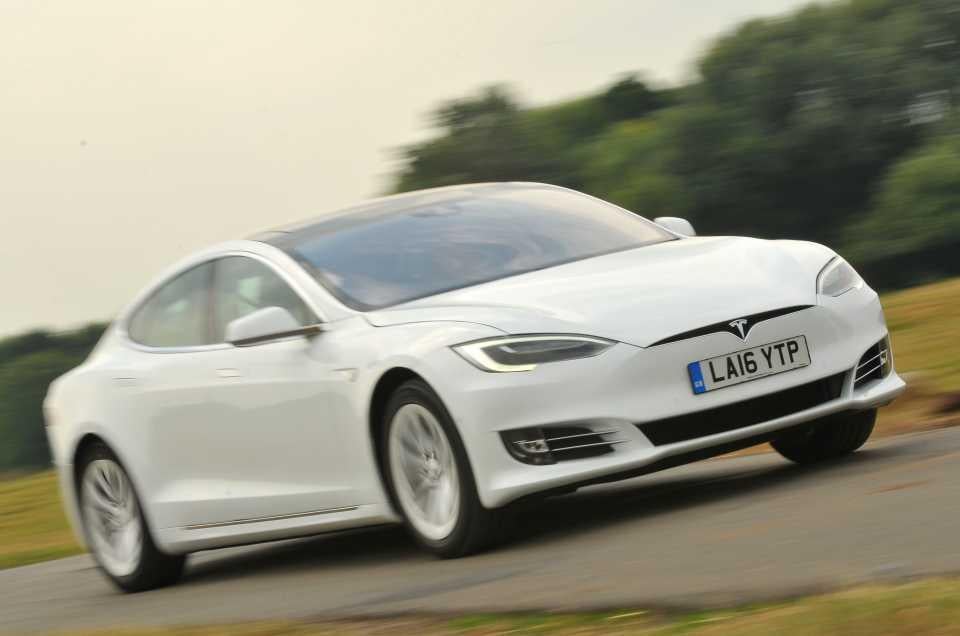
Used prices from: £46,000
Real-world range: 190-220 miles (60 S)
Battery warranty: 8 years/125,000 miles (60 S)
This ups the game considerably, and not just in the prices charged. You can use the Tesla Supercharger network which is a big plus, and you get immense performance and a huge, futuristic cabin. Later cars have better build quality, but they’re all going to turn heads.
Graham Scott is a writer for AutoCar.
Join our commenting forum
Join thought-provoking conversations, follow other Independent readers and see their replies
Comments
Bookmark popover
Removed from bookmarks